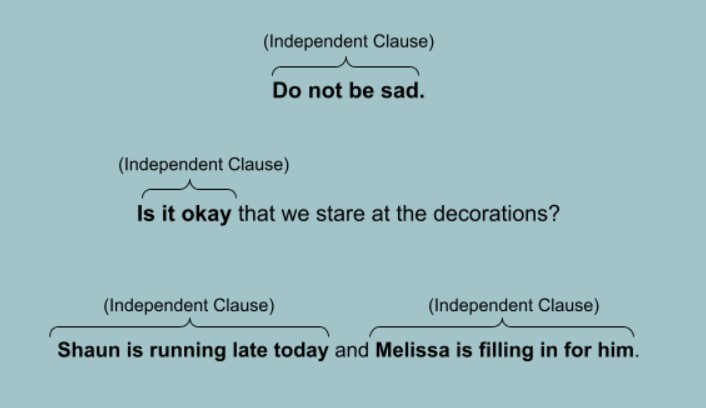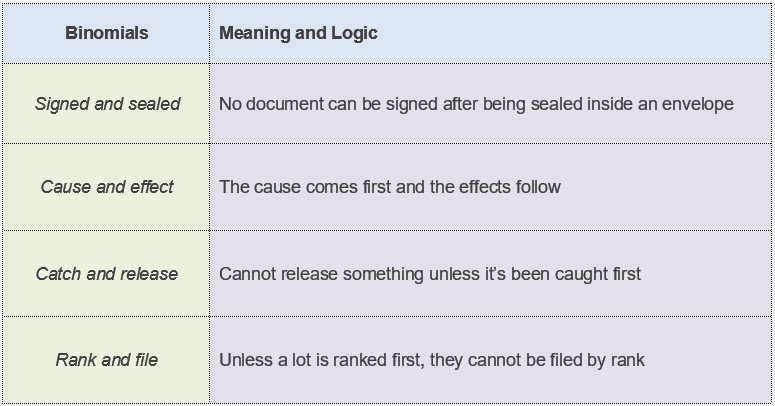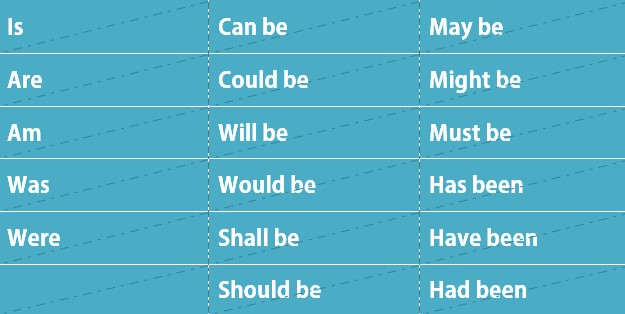Independent Clause with Examples
What is an Independent Clause?
Sentence or part of a sentence containing Subject and Predicate (Verb + Object) is a clause. Clauses are complete and incomplete sentences. One of the two types of clauses is the Independent Clause. Independent Clauses do not have to depend on any other clauses to stand as complete sentences.
Examples of Independent Clause:

- (You) Do not be sad.
Though the Noun - “You” is hidden, “Do not be sad” can stand alone and convey a complete sense. That is a complete sentence containing one main clause.
- Is it okay that we stare at the decorations?
It is a Complex Sentence consisting of one Independent and one Dependent Clause where they are joined by the Conjunction - “That”. “Is it okay?” is the Independent Clause which the other clause depends on so that it emits a complete sense.
- Shaun is running late today and Melissa is filling in for him.
Two Independent Clauses above are linked by the Conjunction - “And” to construct a Compound Sentence. Here, “Shaun is running late today” and “Melissa is filling in for him” are both these types of clauses since they can make complete sentences on their own as well.
How to Detect an Independent Clause?
Sentences with only one clause are most definitely Independent Clauses. But the confusion occurs when the Complex and Compound Sentences are in contention. Complex Sentences, by definition, have one Independent Sentence and the Compound Sentences have two. So it is often necessary to differentiate between Dependent and Independent Clauses to figure out the Complex Sentences. Unless a Subordinating Conjuntion is linked to a clause, it is an Independent one without a doubt.
Examples:
I was bored out of my mind when I was asked to sit back and watch. (Complex Sentence)
- I was bored out of my mind. - Independent Clause
- When I was asked to sit back and watch… - Dependent Clause
- When - Subordinating Conjunction
I love going to fairs and I will go tomorrow. (Compound Sentence)
- I love going to fairs. - Ind. Clause
- I will go tomorrow. - Ind. Clause
Independent Clause: Semicolons
The semicolon is the punctuation mark that joins Independent Clauses that could very well be divided by a full stop but the speaker decided to skip pausing or the writer showed the urgency to mention two complete sentences without delay that mirrors the act of the hurried speaker.
Examples:
I am very full; I just had cake and ice cream.
- I am very full. - Ind. Clause
- I just had cake and ice cream. - Ind. Clause
More Examples:
- I went to the beach the other day (;) let’s not go back today.
- Bring me some books (;) I love to read.
- He went to the office regularly (;) he was always on time.
- Go check on your brother (;) he has a fever today.
Note: Ind. Clause = Independent
Grammar
Read More
- How to Use "Therefore" in Sentences Avoiding Common Mistakes
- How to Use "Whereas" with Examples and Avoid Common Mistakes
- When and How to Use "Thus" Correctly Without Common Mistakes
- How to Use "On the Contrary" Properly with Meaning and Examples
- When and How to Use "Either/Or" with Examples and Common Mistakes to Avoid
- How to Use "On the Other Hand" Effectively without Mistakes
- How to Use "Respectively" with Example and Common Errors to Avoid
- How and When to Use "Moreover" Without Mistakes
- How to Use "Likewise" in Sentences Based on Context & When not to Use
- When & How to Use "Although" in Sentences to Avoid Mistake


